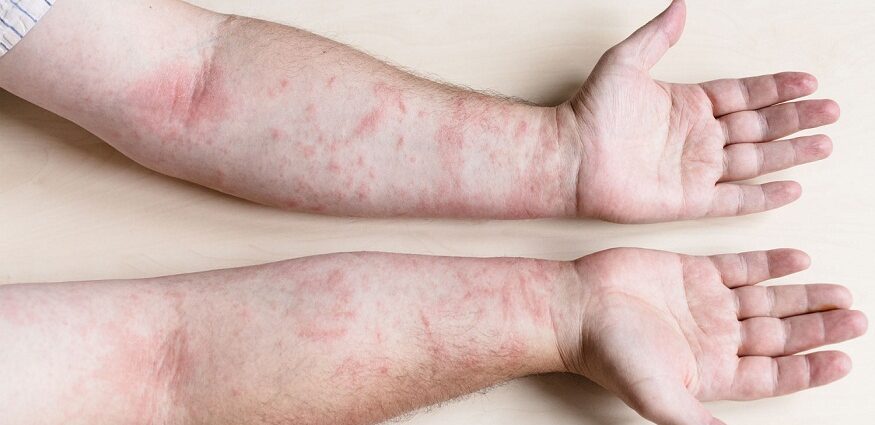Skin allergies can be uncomfortable and frustrating. Dermatologists play a key role in diagnosing and managing these conditions. They help identify triggers and create personalized treatment plans. Methods like patch tests and chemical peels Cypress are often used. Understanding these approaches can lead to healthier and happier skin.
Common Skin Allergies
Skin allergies come in different forms. Some common ones include contact dermatitis, eczema, and hives. Contact dermatitis occurs when the skin reacts to substances like soaps or metals. Eczema often results in dry, itchy patches. Hives appear as red, itchy welts and can be triggered by foods or medications.
The Role of Dermatologists
Dermatologists are trained to handle these conditions. Their approach often includes:
- Conducting skin tests
- Prescribing appropriate treatments
- Offering lifestyle advice
They use their expertise to tailor solutions for individual needs.
Diagnosis and Testing
Accurate diagnosis is vital. Dermatologists may use the following tests:
- Patch testing to identify allergens
- Biopsies to examine skin tissue
- Blood tests to detect allergic reactions
These tests help pinpoint the exact cause of the allergy.
Treatment Options
Once diagnosed, dermatologists offer various treatment options. These may include:
- Topical creams to reduce inflammation
- Oral medications to control severe reactions
- Light therapy to heal the skin
The choice of treatment depends on the severity and type of allergy.
Comparison of Common Skin Allergy Treatments
| Treatment | Benefits | Drawbacks |
| Topical Steroids | Reduces inflammation | May cause skin thinning |
| Oral Antihistamines | Relieves itching | Can cause drowsiness |
| Light Therapy | Promotes skin healing | Requires multiple sessions |
Preventing Skin Allergies
Prevention plays a big role in managing skin allergies. Some preventive steps include:
- Avoiding known allergens
- Using hypoallergenic products
- Maintaining good skin hygiene
These steps help reduce the frequency of allergic reactions.
Educational Resources
For more information, reputable resources can be found at the American Academy of Dermatology and the National Institutes of Health. These organizations offer valuable insights into managing skin allergies.
Conclusion
Understanding skin allergies and their treatment options is important. Dermatologists provide guidance and care every step of the way. With proper diagnosis and treatment, managing skin allergies becomes a more manageable task. Adopting preventive measures also plays a crucial role in maintaining healthy skin.

